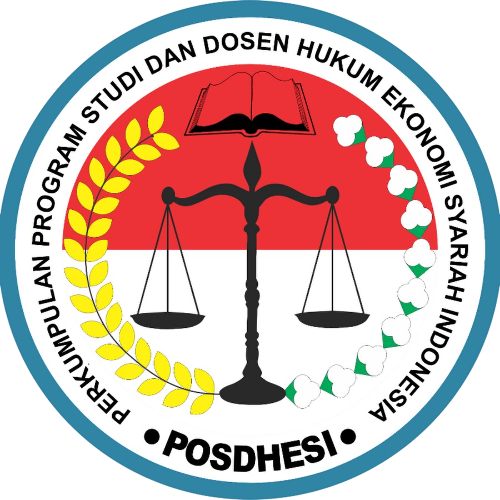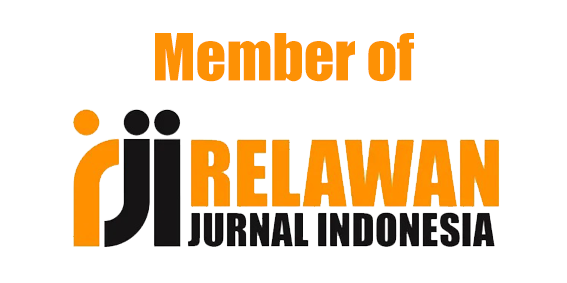ANALISIS PENGGUNAAN BAHASA INDONESIA LARAS HUKUM PADA PUTUSAN PERKARA EKONOMI SYARIAH PENGADILAN AGAMA MAKASSAR
DOI:
https://doi.org/10.24256/alw.v2i2.638Keywords:
Language, Law, Syariah EconomicAbstract
References
Alisjahbana, SutanTakdir, 1986. Tata Bahasa Baru Bahasa Indonesia. Jakarta: Dian Rakyat.
Badudu, J.S., 1993. Cakrawala Bahasa Indonesia. Jakarta: Gramedia Pustaka.
Bruggink, J.J.H. 1996. Refleksi tentang Hukum. Bandung: Citra Aditsya Bhakti.
Rustan, Edhy. Analisis Kesalahan Struktur Kalimat Bahasa Indonesia Laras hukum dalam Putusan-putusan Pengadilan Negeri Makassar. Skripsi. Makassar: FBS Universitas Negeri Makassar.
Harkisnowo, Harkistuti. 2003. Bahasa Indonesia sebagai Sarana Pengembangan Hukum Nasional. Makalah dalam Kongres Bahasa Indonesia VIII. Jakarta: Pusat Bahasa.
Hastuti, Sri. 1985. Permasalahan dalam Bahasa Indonesia. Cetakan Kedua. PT Intan.
Kansil, C.S.T. 1983. Praktik Hukum Peraturan Perundang-undangan di Indonesia. Jakarta: Erlangga.
Mahadi. 1979. Pembinaan Bahasa Hukum di Indonesia. Bandung: Rineka Cipta.
Moeliono, Anton. M., dkk. 1995. Tata Bahasa Baku Bahasa Indonesia. Jakarta: Balai Pustaka.
Ramlan, M. 1976. Ilmu Bahasa Indonesia: Suatu Tinjauan Deskripsi. Yogya-karta: CV Karyono Yogyakarta.























